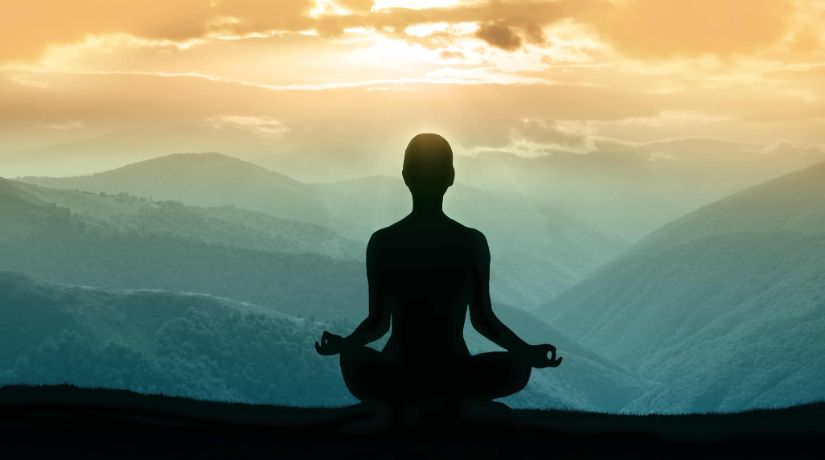5. Not Doing (Meditation): Embracing Stillness
In a world that values constant activity and busyness, the practice of "not doing" or meditation stands as a counterbalance, offering a sanctuary of stillness and self-awareness. Meditation is a powerful tool for improving mental health, managing stress, and fostering inner calm amidst life's demands.

The Art of Not Doing
Meditation is the intentional practice of calming the mind and focusing your awareness on the present moment. It involves observing your thoughts, feelings, and sensations without judgment. This practice shifts your focus away from external stimuli and invites you to explore the richness of your inner landscape.
Reducing Stress and Anxiety
One of meditation's primary benefits is its ability to reduce stress and anxiety. When you engage in meditation, your body's stress response diminishes, leading to lowered heart rate and decreased levels of cortisol, the stress hormone. Regular meditation practice helps cultivate resilience against stressors and equips you with tools to manage them.
Cultivating Mindfulness
Mindfulness, a cornerstone of meditation, encourages you to be fully present and engaged in the moment. This state of heightened awareness helps break the cycle of rumination, where your mind constantly replays past events or anticipates future scenarios. By focusing on the present, you alleviate unnecessary stress and emotional distress.
Emotional Regulation
Meditation enhances emotional regulation by creating space between stimulus and response. This space allows you to choose how to react to emotions rather than reacting impulsively. With practice, you become more attuned to your emotions, allowing you to manage them effectively and respond with greater clarity.
Improved Concentration and Cognitive Function
Regular meditation enhances cognitive function, including attention and concentration. By training your mind to focus on a single point of focus, such as your breath or a mantra, you strengthen your ability to sustain attention and minimize distractions. This benefit extends beyond meditation, improving your productivity and decision-making skills.
Better Sleep and Relaxation
Meditation also promotes better sleep and relaxation. Engaging in mindfulness meditation before bed can quiet a racing mind and create a conducive environment for restful sleep. Moreover, the relaxation response triggered during meditation can help alleviate physical tension and promote overall relaxation.
Getting Started with Meditation
Meditation doesn't require elaborate rituals; anyone can start practicing. Begin with short sessions of a few minutes and gradually extend the duration as you become more comfortable. Find a quiet space, sit or lie down comfortably, and focus on your breath or a chosen point of focus. Guided meditation apps or classes can also provide structured guidance.
Consistency and Patience
Like any skill, meditation requires consistency and patience. Don't be discouraged if your mind wanders during meditation; this is natural. Gently redirect your attention to your chosen focus without self-judgment. Over time, you'll notice improvements in your ability to maintain focus and experience the benefits of inner stillness.
Meditation is a pathway to improved mental health, offering a sanctuary of calm and self-awareness in a fast-paced world. By embracing stillness, practicing mindfulness, and cultivating emotional regulation, you equip yourself with tools to navigate life's challenges with greater ease and resilience. Remember that meditation is a journey of self-discovery, and each moment spent in quiet reflection contributes to your overall well-being.